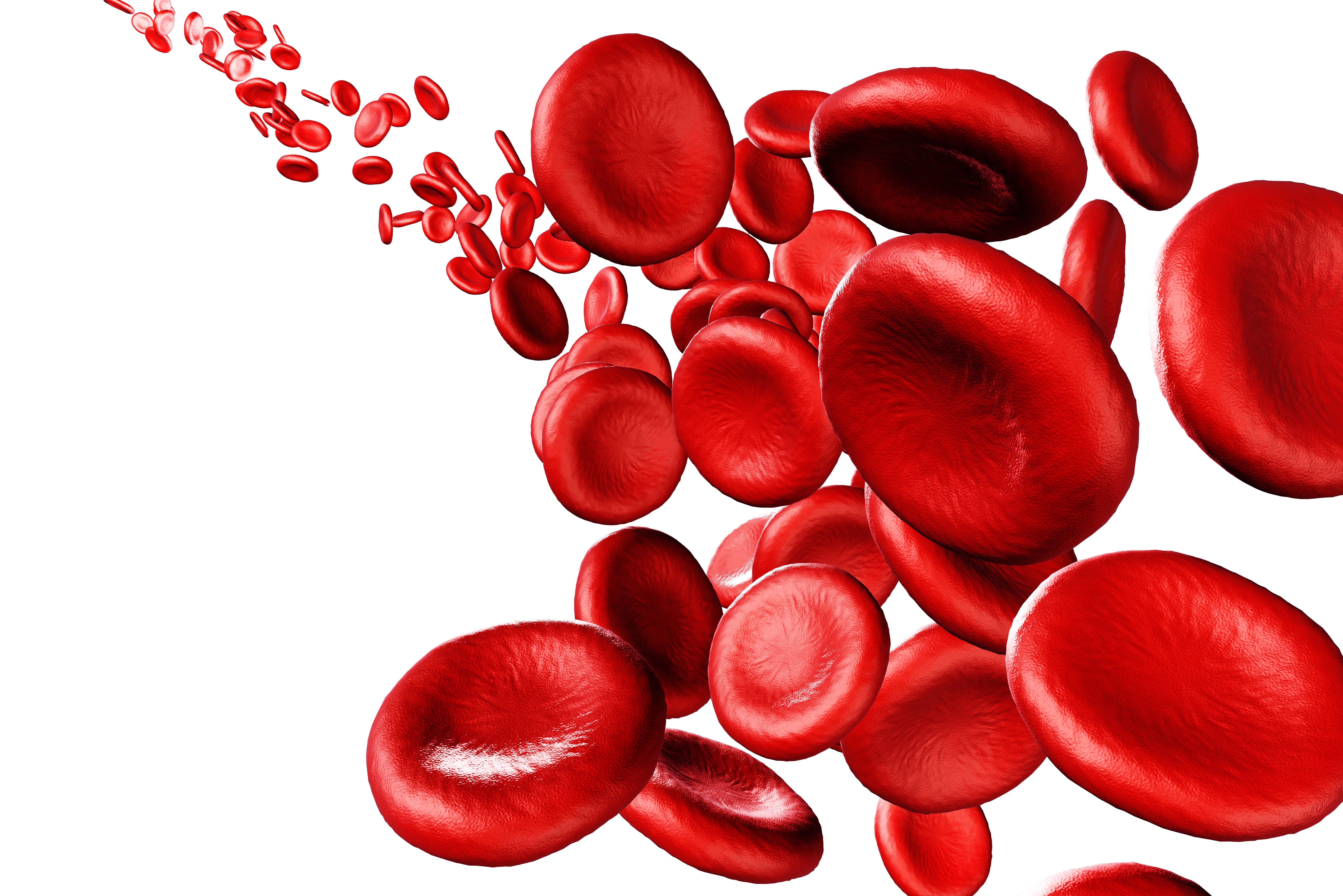Cilta-Cel Yields Long-Term Efficacy in Pretreated R/R Multiple Myeloma
A single infusion of ciltacabtagene autoleucel produces a manageable safety profile among patients with relapsed/refractory multiple myeloma in the phase 1b/2 CARTITUDE-1 study.
A single infusion of ciltacabtagene autoleucel produces a manageable safety profile among patients with relapsed/refractory multiple myeloma in the phase 1b/2 CARTITUDE-1 study.

Ciltacabtagene autoleucel (cilta-cel; Carvykti) produced long-term responses and survival among heavily pretreated patients with relapsed/refractory multiple myeloma, according to final results from the phase 1b/2 CARTITUDE-1 study (NCT03548207) presented at the 2023 European Hematology Association (EHA) Congress.
The overall response rate (ORR) per independent review committee was 97.9% (95% CI, 92.7%-99.7%), which included 82.5% (95% CI, 73.4%-89.4%) of patients experiencing a stringent complete response (CR). Additionally, 12.4% of patients had a very good partial response, and 3.1% experienced a partial response (PR).
The median progression-free survival (PFS) was 34.9 months (95% CI, 25.2-not evaluable [NE]), and the median overall survival (OS) was not reached. Moreover, the median duration of response (DOR) was 33.9 months (95% CI, 25.5-NE), and investigators estimated that 62.9% of patients were alive after a 3-year follow-up.
In the trial, having a CR or sustained minimal residual disease (MRD) negativity correlated with longer PFS. The 30-month PFS rate was 54.2% in the overall population, 66.8% among those achieving a CR, and 74.9% among those with sustained MRD negativity.
“[The median PFS] confirms the importance of [B-cell maturation antigen]-targeting agents,” study author Nikhil C. Munshi, MD, said in a presentation on these data. “This is one of the largest, longest PFS [findings] in this set of patients.”
Munshi is a professor of Medicine at Harvard Medical School, the Kraft family chair, and director of Basic and Correlative Science, and associate director of the Jerome Lipper Myeloma Center at Dana-Farber Cancer Institute. He is also a senior physician at the Brigham and Women’s Hospital and the Boston VA Healthcare system.
In the phase 1b/2 CARTITUDE-1 trial, patients underwent apheresis followed by bridging therapy as needed and 300 mg/m2 of cyclophosphamide plus 30 mg/m2 of fludarabine at –5 to –3 days before infusion. Cilta-cel infusion consisted of a single target dose of 0.75 x 106 CAR T cells/kg.
The primary end points were safety and dose confirmation in phase 1b and ORR in phase 2. Secondary end points included PFS, OS, and MRD negativity.
Patients with progressive multiple myeloma per International Myeloma Working Group criteria, measurable disease, and an ECOG performance status of 0 or 1 were eligible for enrollment on the trial. Additional eligibility criteria included having at 3 prior lines of therapy or being double refractory to a proteasome inhibitor and an immunomodulatory drug and having prior exposure to an anti-CD38 monoclonal antibody.
With a median follow-up of 33.4 months (range, 1.5-45.2), 97 patients received a single infusion of cilta-cel in the trial. Additionally, 17.5% of patients were Black or African American, and patients received a median of 6 (range, 3-18) prior lines of therapy. About 25% of patients had high-risk cytogenetics, 42.3% were penta-drug refractory, 87.6% were triple-class refractory, and 99.0% were refractory to their last line of therapy.
“Interestingly, we did not observe an association between CAR T-cell expansion/persistence and clinical outcomes,” Munshi said.
Investigators reported a manageable safety profile and no new neurotoxicity events since the 27.7-month median follow-up. There were 26-second primary malignancies (SPMs) observed in 20 patients, including 4 new patients who developed 6 SPMs since the 27.7-month median follow-up which were unrelated to cilta-cel. These new SPMs included 2 instances of basal cell carcinoma, 1 instance of myelodysplastic syndrome, 1 instance of B-cell lymphoma, 1 instance of melanoma, and 1 instance of prostate cancer.
Overall, 35 patients died in the study, including 17 due to progressive disease. There were 5 new deaths since the 27.7-month median follow-up, including 3 due to progressive disease, 1 due to pneumonia, and 1 due to sepsis.
Investigators reported that 12 patients had adverse effects (AEs) unrelated to cilta-cel, the most common of which were acute myeloid leukemia (n = 3), respiratory failure (n= 3), septic shock and/or sepsis (n = 2), and pneumonia (n = 2). There were 6 patients with AEs related to the study treatment, which included 2 with septic shock and/or sepsis, 1 with cytokine release syndrome, 1 with lung abscess, 1 with respiratory failure, and 1 with neurotoxicity.
“[Patients in CARTITUDE-1] will continue to be followed for safety and survival in a separate 15-year CARTINUE study [NCT05201781] that is ongoing,” Munshi concluded.
Reference
Munshi N, Martin T, Usmani SZ, et al. CARTITUDE-1 final results: phase 1b/2 study of ciltacabtagene autoleucel in heavily pretreated patients with relapsed/refractory multiple myeloma. Presented at: European Hematology Association 2023 Hybrid Congress; June 8-11, 2023; Frankfurt, Germany. Abstract S202.